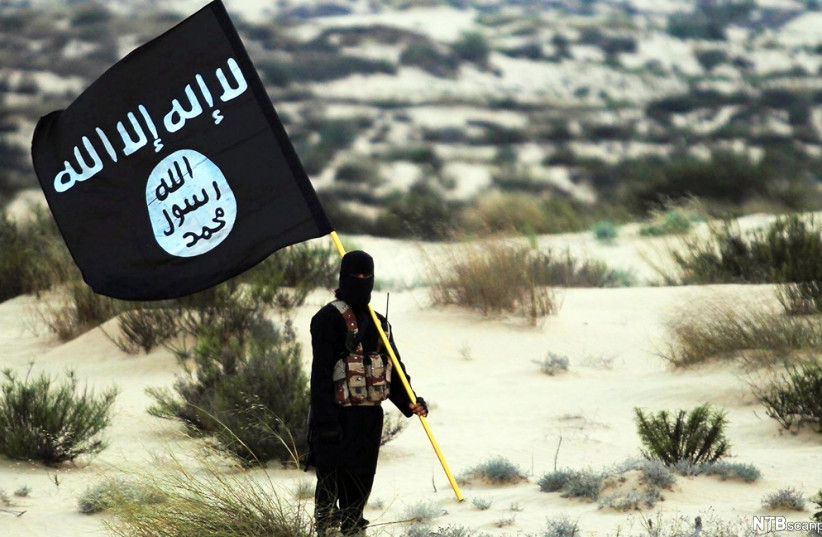The US has continued to confront human-rights abuses in Syria by targeting extremist groups in Turkish-occupied areas of Syria. The US has sanctioned the Syrian regime as well, but over the past several years, a spotlight has fallen on Syrian rebel groups that became more extreme.
Over the weekend, the US Department of the Treasury sanctioned two more Turkish-backed groups. These groups were “accused of forcibly displacing and oppressing the local Kurdish population in northern Syria’s Afrin region,” Washington-based Al-Monitor news site reported.
The groups listed include the Suleiman Shah Brigade and the Hamza Division, which are accused of exacerbating “the suffering caused by years of civil war in northern Syria and hindered the region’s recovery by engaging in serious human-rights abuses against vulnerable populations.”
These groups were often part of the plethora of Syrian rebel groups that operated in northern Syria since the Syrian civil war began in 2011. After 2016, when Aleppo fell, Turkey began to mobilize and back these groups to get them to fight Kurds in Syria. Ankara adopted this cynical policy when it decided to work with Russia and Iran in the Astana process and realized the rebels had to be sidelined.
To sideline them, Ankara embarked on a policy of intervening in Syria and using the groups to fight the Kurdish opposition, essentially destroying one opposition to Assad by getting it to fight another minority group. The US at the time increasingly was working with Kurds and the Syrian Democratic Forces (SDF) to fight ISIS. As such, Kurds became a scapegoat and victim of the larger forces in Syria.

Sanctioned groups in Syria
Groups such as Suleiman Shah engaged in abduction of Kurds and harassment. This builds on the 2021 sanctions against another group called Ahrar al-Sharqiya, which was also backed by Turkey and used by Ankara to attack Kurds in the October 2019 offensive in Syria.
Those sanctions said the US was “also sanctioning Syrian armed group Ahrar al-Sharqiya, which operates in northern Syria, for abuses against civilians, and is also sanctioning two of the group’s leaders. Ahrar al-Sharqiya has committed numerous crimes against civilians, particularly Syrian Kurds, including unlawful killings, abductions, torture, and seizures of private property. The group has also incorporated former Islamic State of Iraq and Syria (ISIS) members into its ranks. These horrific acts compound the suffering of a population that has repeatedly endured mass displacement,” Al-Monitor reported.
Hamza and Shah have joined Sharqiya in sanctioned groups accused of “serious human rights abuses against the residents in the Afrin region.” This has taken almost six years in which the abuses were well known. Afrin, where these groups were unleashed, was ethnically cleansed of Kurds, Yazidis, and other minorities, and the region has been plundered, with its resources, such as olives, stolen and trees cut down.
These rebel groups have now condemned the US. Back in the era 2011-2017, some of these rebel groups received US backing, and some policymakers encouraged partnerships with them. Even extremist groups such as Tahrir al-Sham (HTS) – a Sunni Islamist political and armed organization involved in the Syrian civil war, which once had connections to ISIS, received media headlines – tried to sell itself as moderating its views and being a possible partner for the West.
The new sanctions illustrate that the US has largely turned a corner on ignoring the abuses of these groups.
The question remains whether anything will be done beyond the sanctions, such as helping Kurds document abuses and get their property back in Afrin. Considering the massive scale of abuses across Syria, it appears that beyond the sanctions, not much will be done for the victims.
This includes victims such as Hevrin Khalaf, a young female activist murdered by these groups in 2019. In many cases, activists such as Khalaf had looked to the US for support for their struggle for women rights and minority rights in Syria, only to see Ankara-backed extremists destroy their hopes in invasions of Afrin in 2018 and then parts of eastern Syria in 2019.
